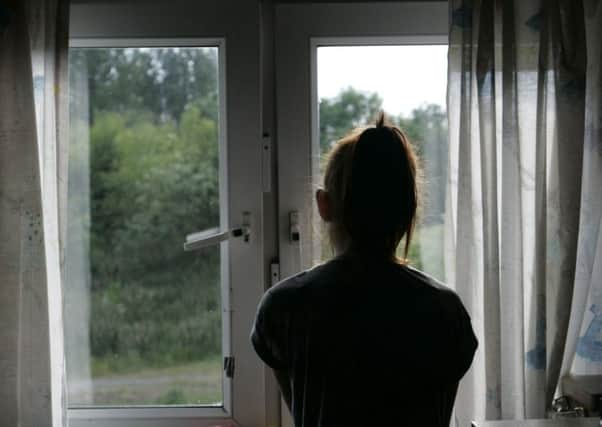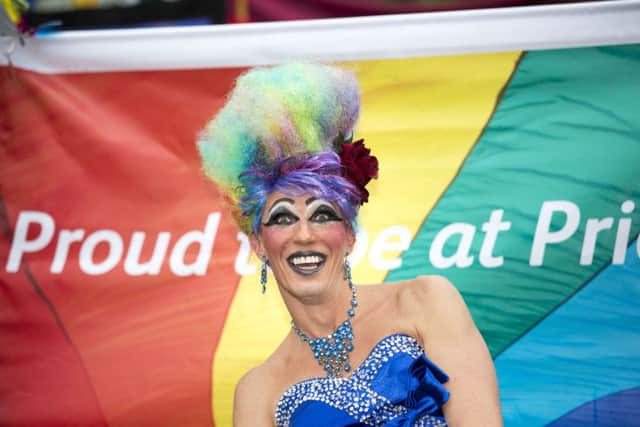One in four Scots have made offensive remarks about LGBT people


It was also found that although offensive comments are frequently made about lesbian, gay, bi and trans people, few Scots step in to challenge these slurs.
57 per cent of those surveyed admit to not intervening when they heard derogatory comments in the past year.
Advertisement
Hide AdAdvertisement
Hide AdThe research comes ahead of Anti-Bullying Week which is running from the 16th to the 20th of November.


Colin Macfarlane, Directory of Stonewall Scotland said: “We’ve come a long way in terms of LGBT equality in Scotland but these statistics show that we cannot be complacent. There is still much work to be done before every lesbian, gay, bisexual and trans person can be free to be themselves.
“To change this, we need people to stand up to bullying and abuse, we need people to be brave, be heard and be kind. Simply offering support is one step people can take to ensure the person targeted is not left feeling isolated. Only by working together can we create a society where everyone is accepted without exception.’
Research also revealed that a third of people have heard offensive comments or language like ‘poof’ or ‘dyke’ in the past month, and more than half have heard this sort of abuse in the past year.
Out of those who witnessed the abuse, only two in five said they intervened but just four per cent said they offered support or assistance to the person targeted.
In order to help people to take action, Stonewall Scotland has released a three-step practical guide for Anti-Bullying Week on how best to help.
They’re advising people to be brave and support the person being targeted by not leaving or ignoring the situation. If it is safe to do so, confront the bully and tell them that the language they are using is not OK and calmly explain why. Finally, they are urging people to be kind and approach the person who is being targeted to check they’re OK.
The charity are also running a No Bystander pledge to ask people to commit to calling out abuse when they hear it. It has already seen more than 16,500 people sign up.
Advertisement
Hide AdAdvertisement
Hide AdScott Cuthbertson, director of the Equality Network, Scotland’s LGBTI equality and human rights charity said the charity have also heard damning reports from the LGBTI community, explaining: “Our own Scottish research shows that 97 per cent of LGBT Scots say they have faced prejudice or discrimination, while 68 per cent said they had faced verbal abuse. Many LGBTI Scots think abuse is just something they have to put up with, but it’s not.
“The Equality Network is working with Police Scotland, the Crown Office and across the criminal justice sector to help LGBTI Scots recognise and report hate crime, which can include verbal abuse. Nobody should have to worry about abuse because of who they are and we all have a role to play to stand up against LGBTI prejudice and discrimination. We encourage everyone to talk, report, get support.”